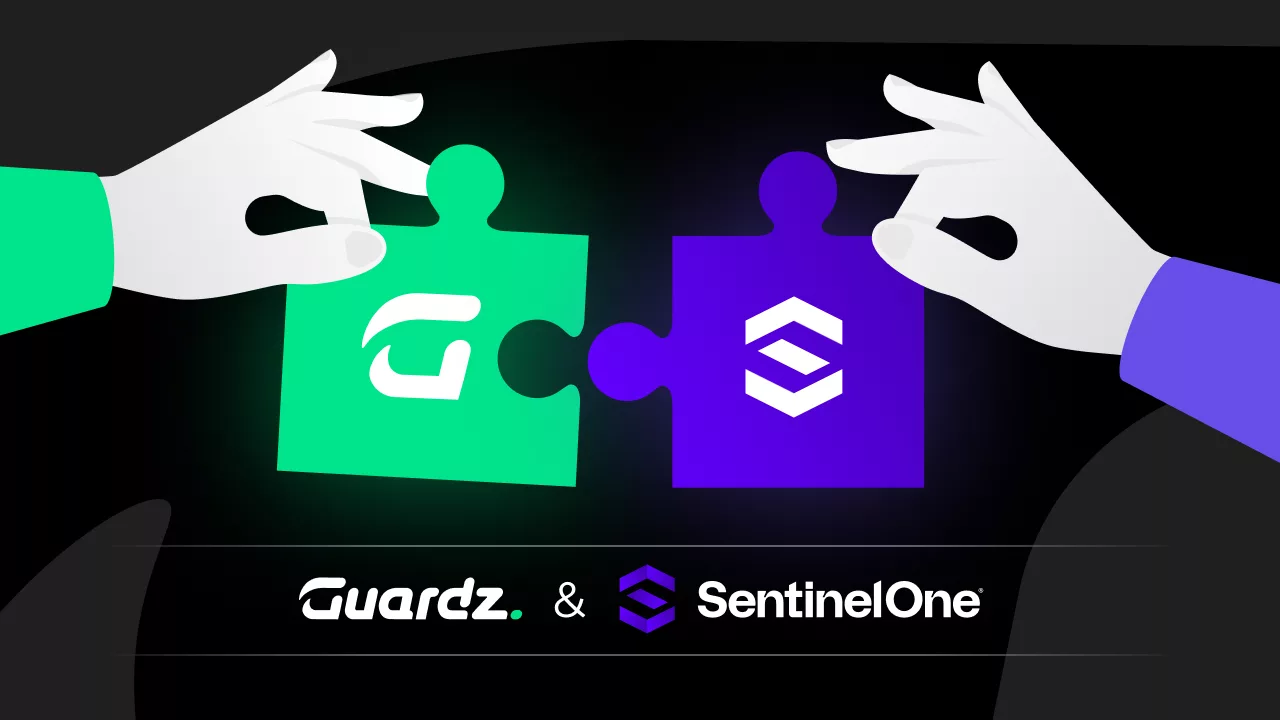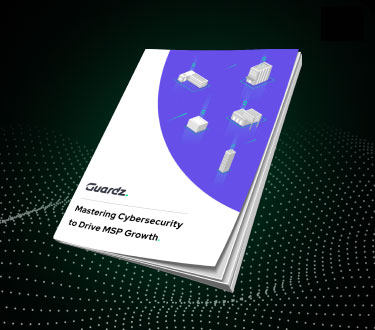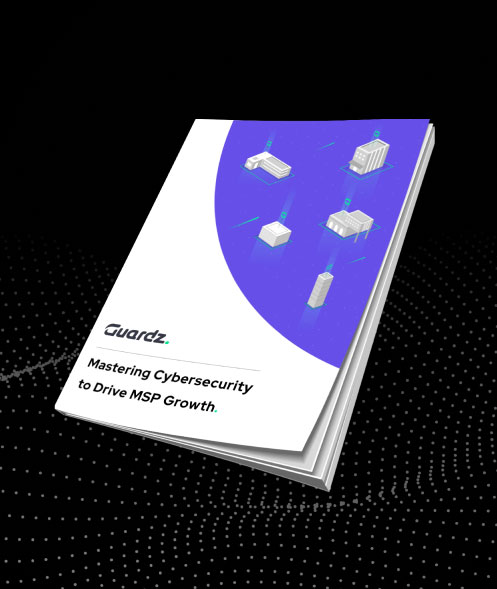The Rise of AI in MSP Operations
AI is changing the way MSPs operate and deliver value to their clients. AI-powered tools such as ChatGPT and other large language models (LLMs) are empowering MSPs to streamline their workflows, improve all-around productivity, and focus their attention on growing their businesses.
AI-generated ransomware attacks have forced organizations to rethink their security strategies altogether. A recent survey found that 22% of organizations have the majority of their cybersecurity budget dedicated to AI-powered solutions. There’s no question about the value AI provides when it comes to enhancing cybersecurity defensive measures.
Although AI offers many significant advantages for managed service providers, it also presents potential risks that MSPs must carefully evaluate in terms of ethics, privacy, and data accuracy. In this blog, we’ll explore the various benefits and challenges MSPs face when implementing AI technology into their day-to-day operations.
The New Wave of Cybercrime: AI-Generated Phishing Attacks
Phishing attacks have grown so sophisticated that even the most advanced cybersecurity measures struggle to keep pace with them. Research showed that AI detectors cannot tell whether a phishing email has been written by a chatbot or a human in three cases out of four (71.4%). This presents a significant challenge for security professionals because it paves the way for emerging threats to quietly bypass existing security measures such as email filtering.
AI-generated phishing emails can also mimic the intended target’s language, tone, and writing style, making it increasingly difficult for traditional email filters to distinguish between genuine and malicious messages. An unsuspecting recipient in your client’s network might inadvertently click on a “harmless-looking” link and potentially trigger a malicious attack or data breach.
MSPs need to have a full understanding of the challenges associated with AI.
Challenges and Considerations of AI Adoption in Cybersecurity
Although still in the early stage, AI adoption in cybersecurity has been met with some criticism and setbacks. For starters, only 18% of respondents in a recent survey commissioned by the Ponemon Institute said that their AI tools and practices are at full maturity.
Data taken from a Verizon survey found that 43% of SMB leaders are worried AI tools will open their businesses up to more cybersecurity risks. Let’s examine a few of the challenges and considerations MSPs and other IT leaders face when it comes to AI adoption.
- Lack of Expertise: One of the main roadblocks to AI adoption in cybersecurity is the shortage of skilled professionals. Evaluating the capabilities of different vendors can be challenging, particularly for MSPs with limited to no experience in AI security. Without proper AI training or knowledge, the risk of security breaches increases exponentially.
- Budget Constraints: AI tools require a substantial investment. MSPs must consider the Total Cost of Ownership (TCO) associated with AI adoption. This includes ongoing expenses such as licensing fees, maintenance, and additional costs for hiring AI specialists. Finding the right AI specialist is another challenge due to the shortage of skilled AI professionals, especially those who have a good understanding of cybersecurity best practices. Oh, and in case you were wondering, the average annual pay for an AI specialist in the United States is $104,643 a year.
- Data Quality & Availability: Protecting clients’ sensitive cloud data is a top priority for all managed service providers. This is where AI gets a little tricky. MSPs may encounter inaccuracies in the data used to train AI models, such as incorrect labels or outdated information, leading to biased predictions and reduced effectiveness in threat detection. Data sources may also be limited or inaccessible due to proprietary restrictions, privacy concerns, or regulatory constraints. As a result, MSPs might face difficulty training AI models that can accurately identify emerging threats, leaving many security gaps unaddressed.
- Regulatory Compliance: MSPs must navigate a complex landscape of laws, regulations, and constantly changing industry standards encompassing data privacy, security, and the ethical use of AI. Each industry has its own set of regulations and strict data privacy laws. Highly regulated sectors such as finance and healthcare, may exhibit a degree of risk aversion when it comes to adopting new technologies like AI in cybersecurity simply for those reasons. Another challenge is that MSPs must assume liability and accountability for the actions and decisions of AI systems deployed. Without clearly defined policies, they may face legal ramifications that can greatly tarnish their reputation with clients. Not a good scenario.
- Integration with Legacy Systems & Infrastructure: Legacy systems often have outdated architectures and infrastructures that may not be compatible with modern AI technologies. Data inconsistencies and silos further complicate the migration process, if applicable at all. MSPs must establish data governance frameworks and data lineage traceability across legacy and AI systems. The smallest mistake or misconfiguration in a cloud environment, such as an AWS S3 bucket, can potentially put the entire organization at risk for a massive breach.
AI adoption in cybersecurity requires having automated systems in place that can handle all of the above-mentioned concerns. AI technology should be embraced, however. Although not 100% perfect yet, AI algorithms can analyze large volumes of data from security logs, endpoint devices, and network traffic to identify anomalies and potential security incidents, enabling proactive threat mitigation and rapid incident response. This also includes email security.
An estimated 3.4 billion phishing emails are sent every day. Advanced email filtering can help prevent AI-driven phishing attacks and identify suspicious messages before they reach users’ inboxes. A consolidated cybersecurity solution that provides MSPs with complete visibility from the top down like Guardz can help prevent any of those attempts from making it through.
How Guardz Leverages AI to Help Prevent Phishing Attacks
Traditional phishing protection and email security solutions simply weren’t designed to stop advanced AI-generated attack methods. Guardz incorporates AI-driven technology to anticipate and neutralize phishing attacks at every stage. This multi-layered approach enables MSPs to build a level of cyber resilience without the complexity or added expenses of fragmented security tools.
Guardz continuously scans all inbound traffic using an advanced anti-phishing email protection solution. High-risk emails are automatically quarantined with actionable real-time alerts. This proactive approach empowers you to respond immediately to threats.
Prevent sophisticated AI-generated phishing attacks with Guardz. Get a demo today.
- Share On:












